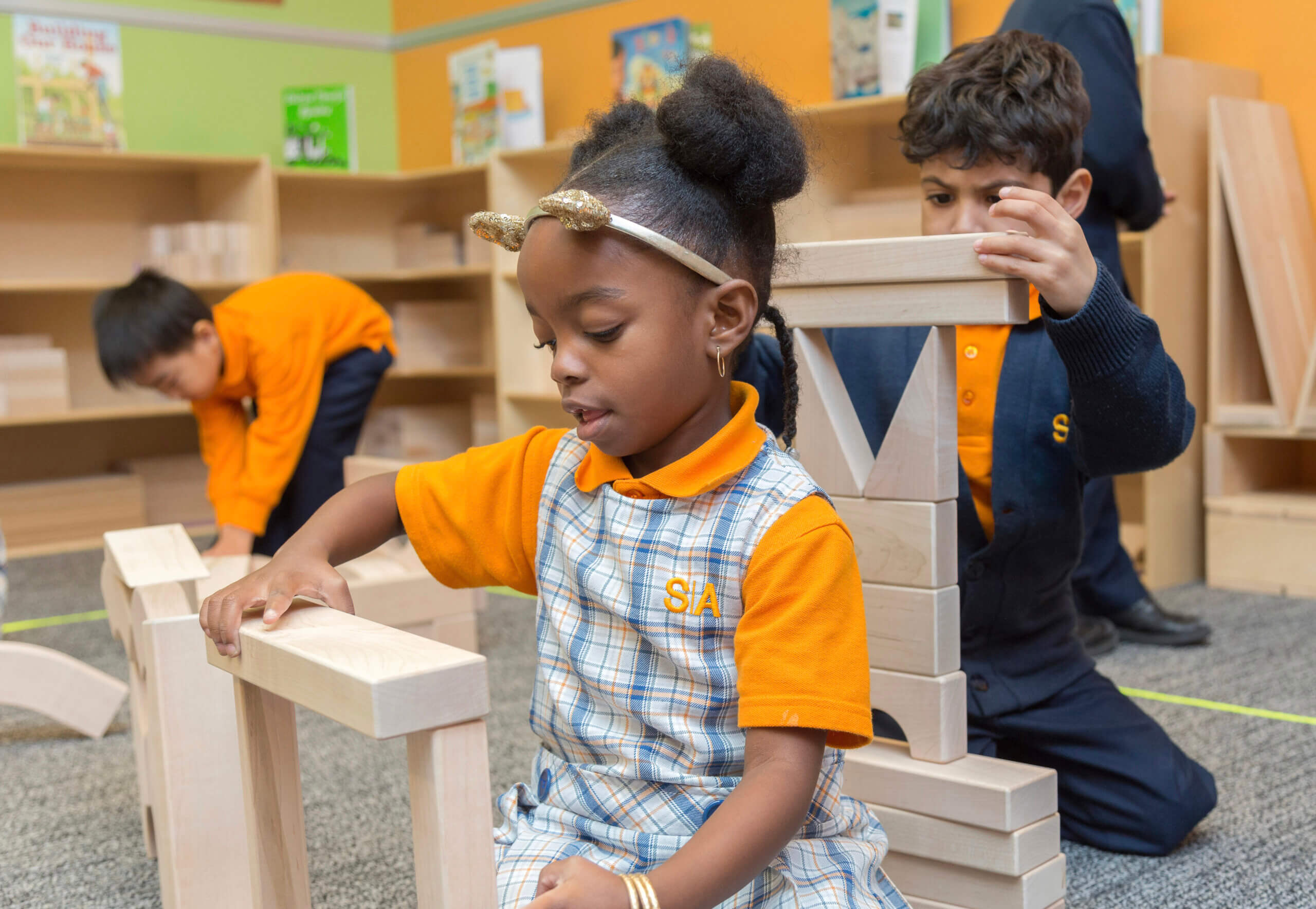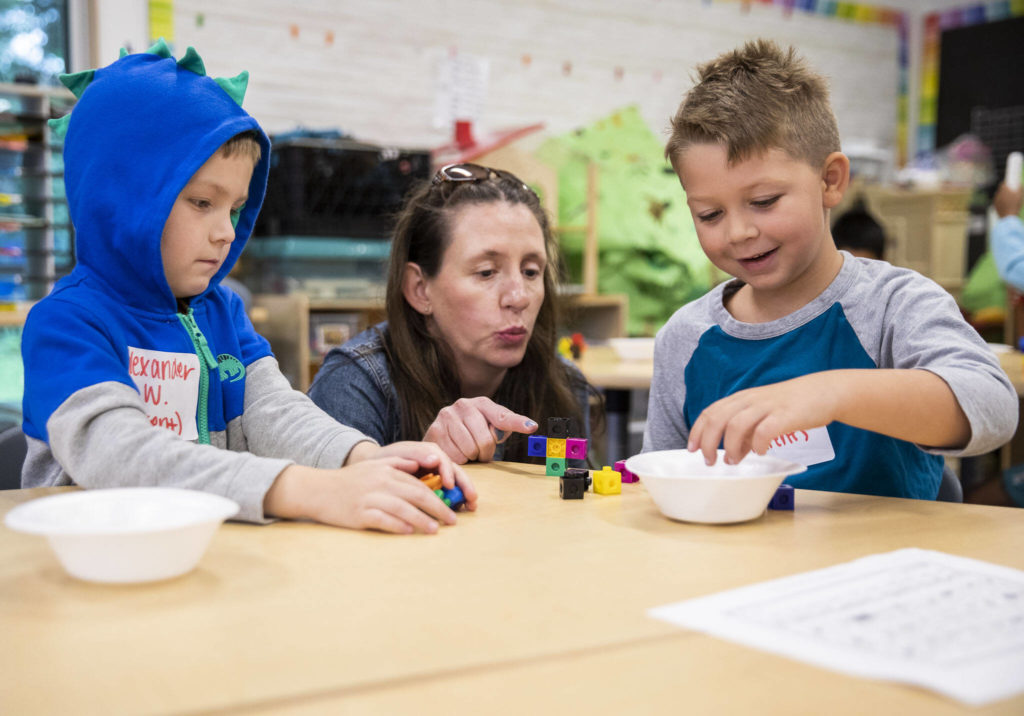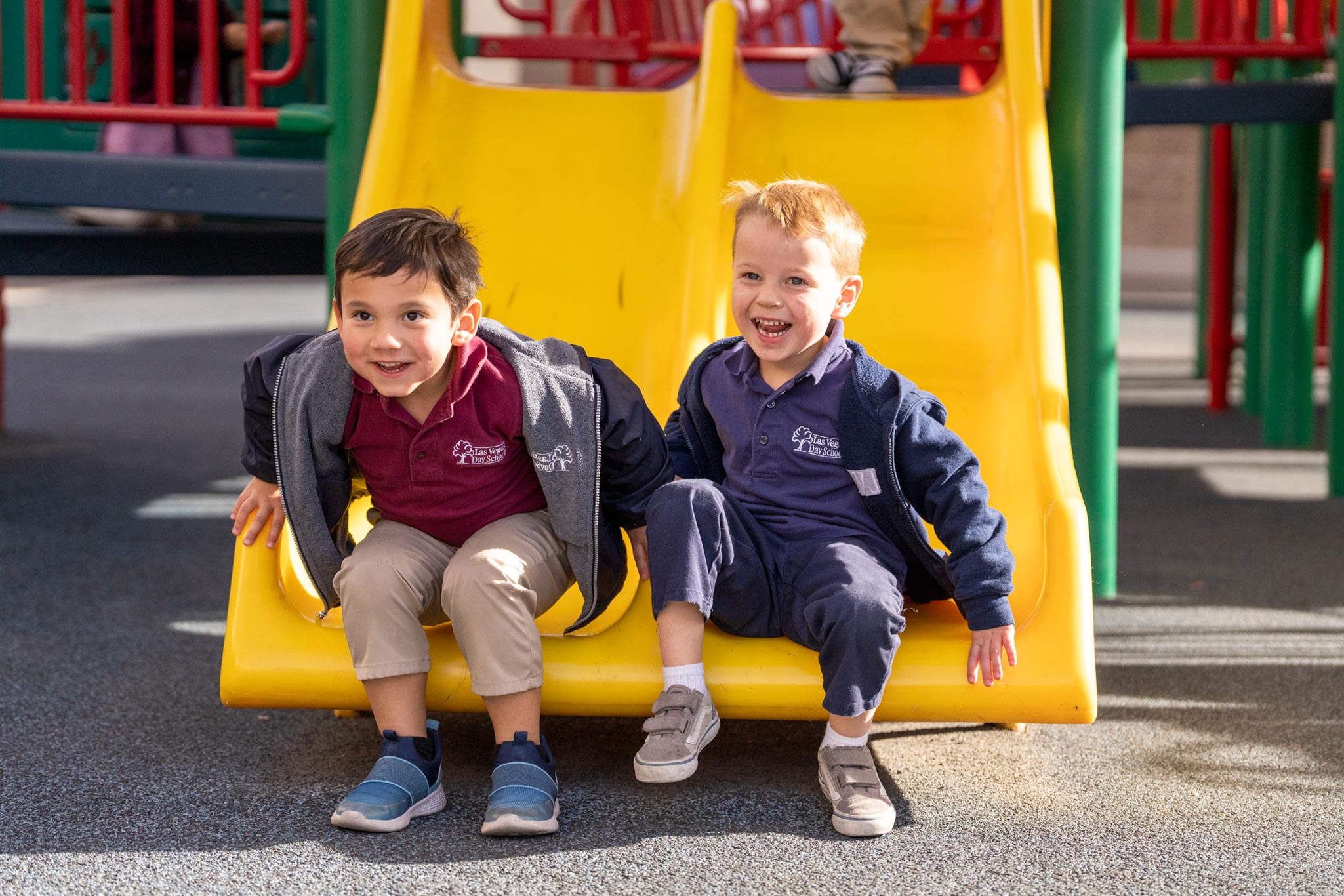The Relevance of Interactive Tasks in Quality School Education And Learning
Interactive activities play an essential function in grade institution education and learning. They involve pupils and improve learning results. With group tasks and hands-on experiments, trainees experience the product in a functional method. This strategy satisfies varied discovering styles and advertises vital skills. The benefits expand beyond academics. Discovering the much deeper effect of these tasks discloses their relevance in forming young students' futures. What transformations occur when pupils proactively take part?
Enhancing Interaction With Interactive Understanding
Although traditional mentor approaches have their merits, interactive understanding considerably improves pupil engagement in grade college education. This approach motivates energetic engagement, permitting pupils to immerse themselves in the knowing process. By making use of group tasks, hands-on experiments, and technology-driven sources, teachers develop an atmosphere where trainees feel extra connected to the product.
Interactive learning promotes cooperation among peers, fostering communication skills and teamwork. It also satisfies varied knowing designs, guaranteeing that visual, acoustic, and kinesthetic learners can all flourish. Students are more likely to maintain information when they actively participate, as opposed to passively obtaining knowledge.
This vibrant approach not only makes finding out satisfying but also instills a feeling of possession in pupils regarding their instructional journey. As they engage with the material, their inquisitiveness and inspiration to find out rise, laying a solid foundation for future scholastic success.
Developing Important Assuming Skills
Interactive learning not just boosts interaction but likewise works as a catalyst for creating essential believing abilities in elementary school pupils. Via activities such as problem-based discovering, discussions, and hands-on experiments, students are motivated to evaluate info, evaluate different point of views, and formulate reasoned final thoughts. These interactive experiences require trainees to wonder about assumptions, leading them to believe more deeply regarding numerous topics.

In addition, interactive activities frequently existing real-world scenarios that challenge students to use their knowledge artistically. By maneuvering via these obstacles, they learn to identify relevant info and make informed decisions. This procedure promotes not just private important thinking yet also urges pupils to express their believed processes, improving their capacity to connect properly. Consequently, interactive discovering environments cultivate a generation of important thinkers that are much better prepared to tackle complex troubles in their future scholastic and expert undertakings.
Promoting Partnership Amongst Peers
Cultivating collaboration amongst peers is crucial in grade college education and learning, as it boosts team effort and communication abilities. Participating in group activities assists students construct trust fund and respect for one an additional, laying the foundation for efficient partnership. Furthermore, analytic together allows students to gain from each other and develop a cumulative technique to difficulties.
Teamwork and Communication Abilities
Effective teamwork and interaction abilities are vital components of an effective quality institution education and learning. Involving in interactive tasks urges trainees to collaborate, share concepts, and fix issues with each other. Such experiences promote the advancement of crucial interaction abilities, permitting children to reveal their ideas clearly and pay attention proactively to others. Through team effort, pupils learn to appreciate diverse perspectives, promoting a feeling of neighborhood and shared responsibility. Structured group jobs, whether in academics or innovative jobs, enhance peer communications, teaching youngsters how to work out duties and settle problems. Subsequently, these abilities not only contribute to a favorable class atmosphere however likewise prepare pupils for future collaborative endeavors in higher education and the office. Overall, team effort and interaction are foundational to holistic development in elementary school.
Structure Trust Fund and Regard
Building depend on and respect amongst peers acts as a keystone for effective partnership in elementary school atmospheres. When pupils feel valued and appreciated by their schoolmates, they are more most likely to engage proactively in team tasks. Interactive activities, such as group jobs and cooperative video games, supply opportunities for students to pick up from each other, promoting a feeling of area. This environment motivates open interaction, permitting trainees to express their ideas and opinions without worry of judgment. As depend on constructs, pupils become a lot more going to share duties and sustain each various other's understanding. Ultimately, growing an ambience of trust and regard improves not just scholastic results but additionally social growth, outfitting pupils with important interpersonal abilities for their future ventures.
Problem-Solving With each other
Collective problem-solving involves trainees in essential reasoning and team effort, essential skills for their academic and individual growth. When students work together to tackle difficulties, they discover to interact successfully, regard varied viewpoints, and take advantage of each other's strengths. This process enhances their capacity to evaluate issues from different angles and create innovative remedies. Team tasks, such as science experiments or mathematics obstacles, promote active involvement and foster a sense of neighborhood. As trainees work together, they additionally construct social skills, learning to compromise and work out, which are important for future communications. Ultimately, analytical with each other cultivates a supportive learning environment, encouraging trainees to take possession of their education and learning while preparing them for collective undertakings beyond the class.
Urging Creative Thinking and Advancement
Encouraging creativity and development in quality school education can be greatly enhanced via hands-on knowing experiences. These tasks enable students to engage directly with materials and ideas, fostering imaginative thinking. Furthermore, collective team projects can stimulate diverse ideas and remedies, even more nurturing an imaginative atmosphere.
Hands-On Learning Experiences
A multitude of hands-on understanding experiences substantially boosts imagination and technology in elementary school education. Involving pupils in useful tasks allows them to apply academic expertise in real-world contexts, promoting deeper understanding. By controling tools and materials, youngsters develop important analytical abilities and learn to believe outside the box. These experiences inspire inquisitiveness and encourage trainees to explore their rate of interests better. Additionally, hands-on over here tasks can link numerous subjects, linking science, art, and mathematics in meaningful ways. This interdisciplinary approach encourages trainees to see connections and think artistically. Ultimately, hands-on knowing experiences nurture a generation of trendsetters, equipping them with the abilities and confidence required to tackle future challenges and add to society in distinct means.
Collaborative Team Projects
Hands-on learning experiences normally cause the consolidation of joint team projects, which play a vital role in promoting creative thinking and development in grade college education. These projects urge pupils to collaborate, sharing concepts and point of views, which enhances problem-solving skills and essential thinking. Through collaboration, students learn to connect effectively and respect varied perspectives, crucial skills for their future. Additionally, group tasks supply chances for students to explore different roles, enhancing their adaptability and confidence. Taking part in this participating atmosphere allows them to discover their imagination, pressing the borders of standard learning. Eventually, joint team jobs not only enhance the educational experience but likewise prepare students for real-world challenges that call for synergy and ingenious reasoning.
Structure Self-confidence and Freedom
As pupils participate in interactive tasks, they typically discover possibilities to build self-confidence and independence. These tasks, whether they involve hands-on jobs, role-playing, or problem-solving tasks, urge trainees to take effort and share their concepts openly. By getting involved in such experiences, students learn to trust their abilities and make decisions without counting only on advice from peers or instructors.
Furthermore, interactive tasks cultivate a sense of possession over understanding. When students deal with obstacles collaboratively or individually, they develop critical believing abilities and resilience. This process not just boosts their understanding of the subject yet likewise empowers them to take dangers in their knowing trip.
As they browse various interactive circumstances, pupils slowly lost their insecurity, paving the way for boosted self-confidence - Private Grade School Peoria. Eventually, these tasks play a vital role in nurturing positive and independent learners, geared up to face future scholastic and personal difficulties
Producing a Positive Classroom Setting
While cultivating a favorable classroom atmosphere is important for efficient discovering, it needs intentional initiative from instructors to create a space where students really feel secure, respected, and involved. A positive atmosphere encourages collaboration, allowing trainees to share themselves without fear of judgment.
Educators can accomplish this by developing clear assumptions, advertising mutual respect, and recognizing individual contributions. Integrating interactive activities better improves engagement, making finding out more delightful and vibrant.
Additionally, a caring environment sustains social-emotional development, as pupils find out to browse partnerships and deal with disputes. Teachers play an important role in modeling favorable habits and reinforcing a culture of kindness and inclusivity.
Regularly Asked Concerns

Just How Can Moms And Dads Support Interactive Discovering in the house?
Moms and dads can sustain interactive understanding in your home by supplying appealing materials, encouraging hands-on jobs, incorporating academic games, promoting discussions, and creating a nurturing environment that Grade School promotes inquisitiveness and expedition in their children's discovering experiences. (Kindergarten)
What Kinds of Interactive Activities Are A Lot Of Effective?
Hands-on jobs, collaborative video games, role-playing scenarios, and instructional technology applications are among click for source one of the most effective interactive tasks. These involve trainees, boost critical believing abilities, and advertise teamwork, inevitably cultivating a deeper understanding of different topics.
Exactly How Do Interactive Activities Satisfy Various Discovering Styles?
Interactive activities engage visual, auditory, and kinesthetic learners by incorporating diverse approaches. These activities facilitate recognizing with hands-on experiences, collective conversations, and aesthetic help, enabling pupils to absorb info according to their preferred learning design.
What Are the Costs Connected With Implementing Interactive Activities?

Executing interactive activities sustains expenses such as products, training for educators, innovation upgrades, and potential facility modifications. Spending plan constraints can likewise impact the regularity and range of activities used to trainees in academic setups.
Exactly How Can Teachers Evaluate the Impact of Interactive Discovering?
Educators can analyze the impact of interactive learning via observations, pupil comments, efficiency metrics, and relative evaluation of examination ratings prior to and after execution, making certain a detailed understanding of engagement and understanding retention renovations.
Via tasks such as problem-based knowing, discussions, and hands-on experiments, pupils are urged to assess information, review various perspectives, and create reasoned conclusions. Interactive activities typically existing real-world situations that challenge students to apply their understanding creatively. Engaging in interactive activities encourages students to team up, share ideas, and resolve issues together. Interactive tasks, such as group projects and participating games, provide chances for trainees to learn from one another, cultivating a feeling of community. As students involve in interactive tasks, they usually uncover possibilities to construct self-confidence and freedom.